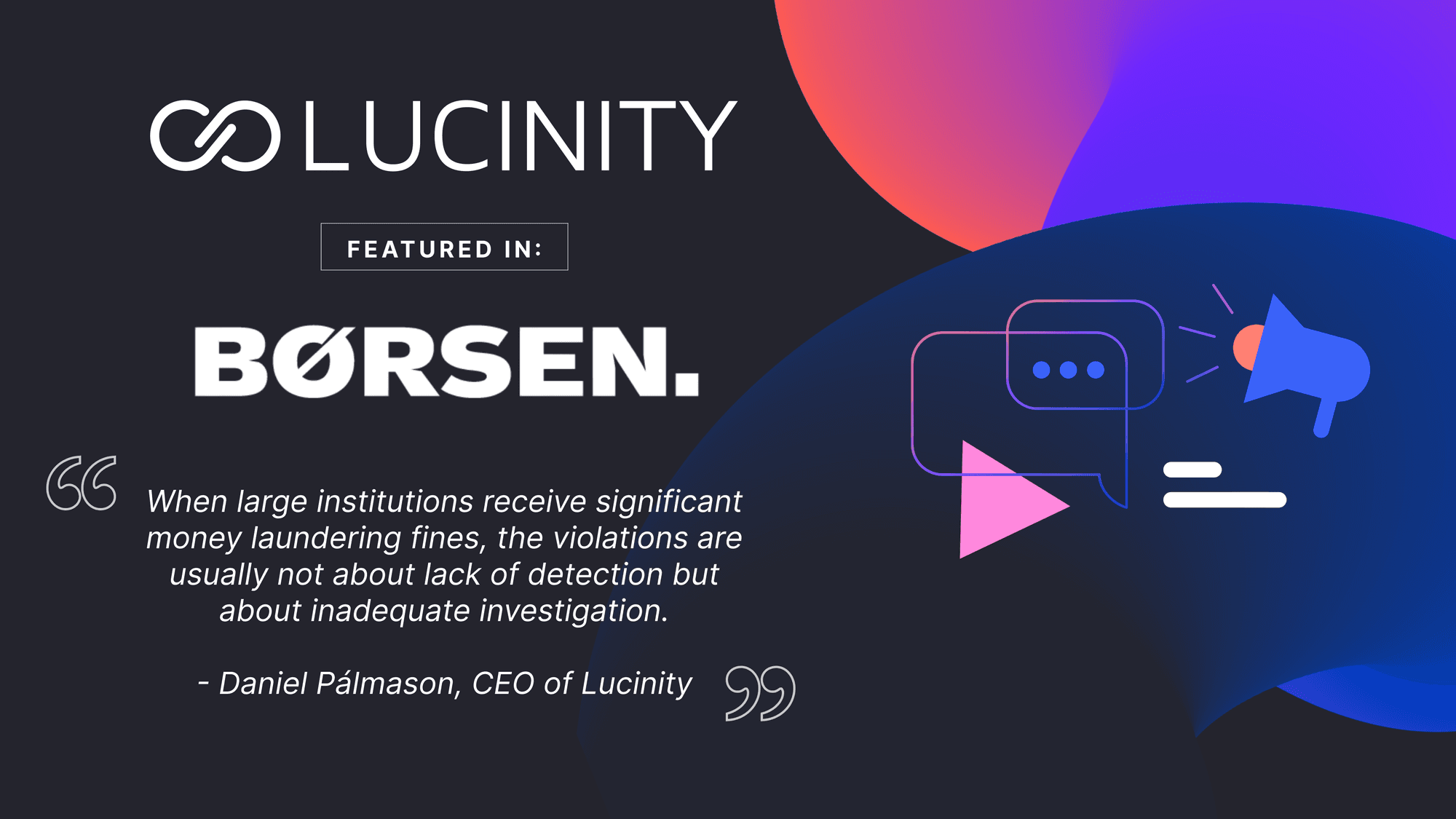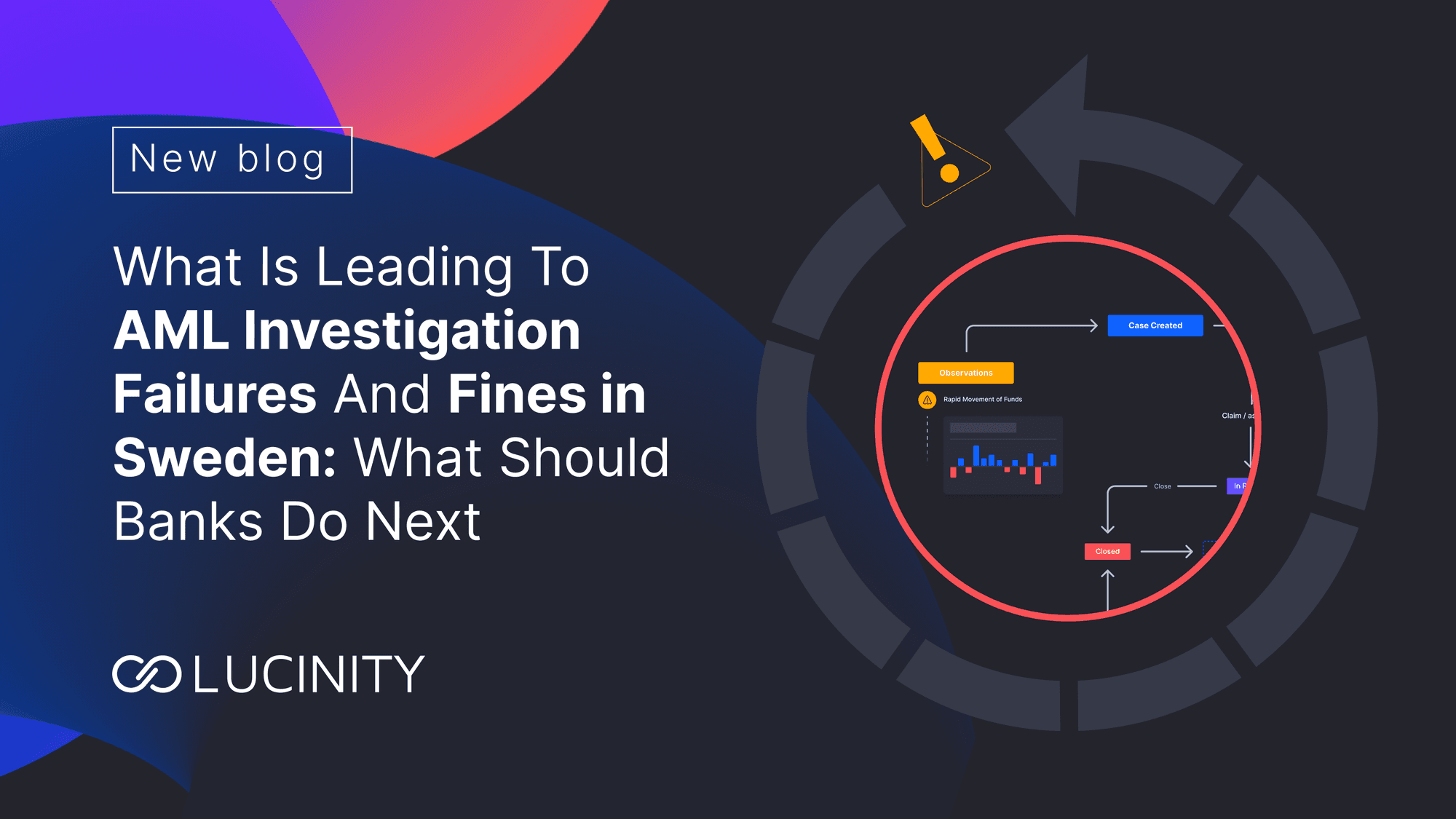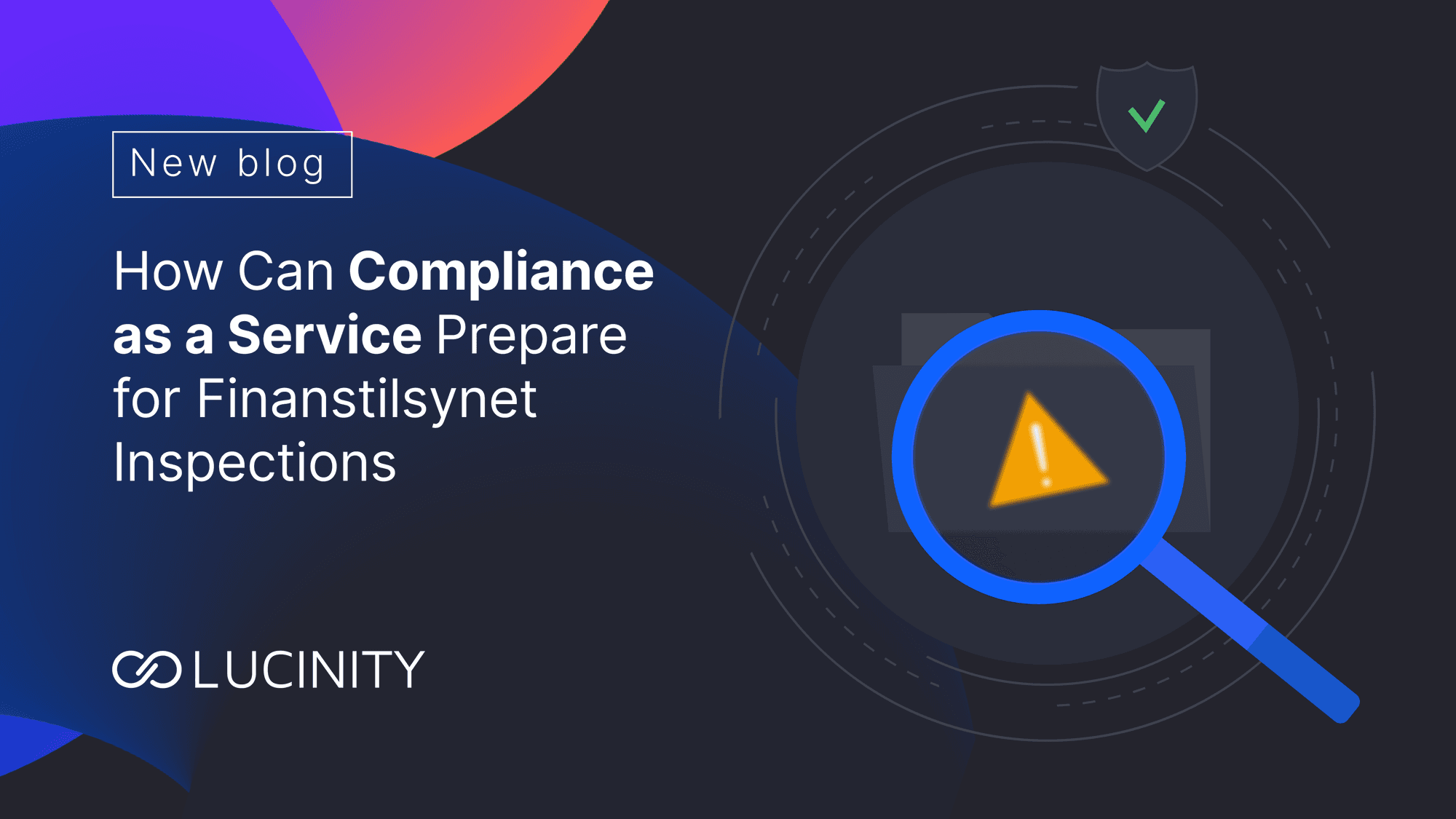Less Chat. More Action. Meet the AI That Actually Works for You - Luci Series
What makes an AI agent truly agentic—and trustworthy in high-stakes settings like financial crime? Luci goes beyond copilots to take real, accountable action with full transparency.
Over the past year, I’ve been in more conversations than I can count about AI agents. Everyone seems to be asking the same two questions:
- What actually makes AI “agentic”?
- Can we trust one to operate safely in a high-stakes, regulated environment like financial crime compliance? (more on that in the next article in the series)
Both are fair questions—and at Lucinity, we’ve spent years thinking them through.
Let me start with the punchline: Luci is an AI agent—by design. And not just in the buzzword sense. It’s a goal-driven, accountable software entity that takes real action on behalf of financial institutions to fight financial crime.
Let me explain what that means.
AI Agents Are More Than Copilots
Most of us are already familiar with copilots—those helpful side panels that suggest, summarize, or generate content. They’re great, but they usually stop short of doing anything real. You still have to review, click, or execute the actual task yourself.
Luci goes further.
Luci doesn’t just suggest what you might do next. It can carry out entire investigative workflows, triggered by organizational intent, driven by context, and completed through action.
Luci makes decisions—backed by explainable analysis—and takes responsibility for moving work forward.
Take This Example: Luci Can Perform First-Line Triage—Autonomously
A new case is created
- Event-Triggered Activation
- Risk and Relevance Assessment Luci pulls all available data, runs traceable analysis, and evaluates whether the case is typical or suspicious.
- Decision Making
- System Updates and Notifications
By handling first-line triage, Luci clears low-risk noise and surfaces real risk faster, saving your teams hours of manual review.
And because Luci operates on modular, auditable workflows, you have full transparency and control over what it does. Nothing is hidden. Everything is logged. Every action follows the policies you set.
Luci Works With Context, Not Prompts
What makes Luci really shine is its ability to adapt to the situation.
When Luci acts, it uses context objects—structured data that tells it who the customer is, what the case involves, which priorities matter, and where the workflow stands.
That’s how Luci makes decisions that feel human-like—tailored to the specifics of the case, rather than relying on generic prompt engineering or scripted automation.
Not Just Reactive—Proactive
Luci doesn’t wait around for someone to tell it what to do. It operates continuously in the background, monitoring for key events like:
- New high-risk alerts
- Changes in case status
- SLA deadlines or response timeouts
When Luci detects these, it acts immediately:
- Launching investigations
- Generating escalation narratives
- Managing reminders or workflows tied to your operational SLAs
This proactive behavior is what makes Luci truly agentic. It’s not just reactive. It’s goal-oriented and autonomously responsive to real-time changes in your operational environment.
The Future Is Agentic AI
At Lucinity, we believe agentic AI is the future of enterprise productivity—secure, explainable, and aligned with business outcomes. But building agentic AI comes with responsibility.
That’s why Luci’s actions are:
- Bounded — Luci operates within defined execution rights set by your organization.
- Transparent — Every step is logged and explainable.
- Controlled — You define the workflows, thresholds, and approval paths.
So, the next time you hear someone ask “What makes an AI agent?”, you’ll know what to look for:
👉 It interprets intent.
👉 It takes real action.
👉 It adapts to context.
👉 It operates proactively.
👉 It is accountable and auditable.
That’s Luci. That’s what agentic AI looks like in the fight against financial crime. And that’s the future we’re building.





